US Senators, Working Together to Fight Global Warming
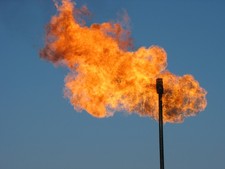 Curging Natural Gas Pollutants
Curging Natural Gas Pollutants A bipartisan effort is impressive, its needed, and it is the way of the future if we want to really effectively fight climate change. The bill is aimed at super pollutants - these are gases that are considerably more damaging to the atmosphere than Carbon Dioxide. they do not stay in the atmosphere as long. The will will help in the short term, which can help help food security.
We need to act now; these gases have been on the increase, and that is exactly what we do not need.
Black carbon is a major part of the soot from cook stoves, natural-gas based power generators, wildfires, and other similar kinds of burning. It is much more damaging than CO2, though it stays in the atmosphere only days to weeks. It also contributes to Global Warming when it changes the color of ice; a glacier that is white will reflect the sun but when covered by pollutants like Black Carbon, the sun's rays are absorbed and melting accelerates. Black carbon is also linked to heart attacks, respiratory problems, cancer, and developmental defects in children. Almost half of Black Carbon Emissions are from trucks (mainly diesel engines).
Methane is released in large amounts by several industries including natural gas, petroleum, and agriculture industries. It lasts up to 12 years in the atmosphere and is 20 times more dangerous then CO2. Methane is also stores in enormous quantities in the Permafrost in Russia; if Global Warming melts the Permafrost, then warming will accelerate. Methane has many factors to consider as it is also produced by agriculture, and by landfills. Methane in the atmosphere reduces crop yields. Methane is a real problem; for example, up to a million abandoned natural gas wells, in the state of Pennsylvania alone, are leaking methane (read more here).
The bill has several components. It creates a task force to study and promote good practices; it has initiatives to reduce emissions by working with certain organizations; it aims to help the efforts to reduce diesel pollutants; and it extends the Clean Air Act to work on HFCs by reducing the equipment that uses them and work toward an eventual phaseout of all HFC use. Methane 'leakage' is accelerating due to increase natural gas drilling in the US.
Limiting super pollutants can not only decrease warming, it can also increase crop yields.
CO2 can last in the atmosphere up to 100 years, so limiting CO2 is the needed solution, it is also very long-term. Reducing these Super Pollutants is the best way to get some help in the short term. Hopefully the Bill will pass congress, and also be a model for other countries.
The UN created something called the Montreal Protocol; it is designed to protect the atmosphere, reduce HFCs, and it is signed by all UN members - it is in fact the only such UN initiative ever signed by all members and thus, the first 'universally accepted UN initiative. It resulted in eliminating 100% of the ozone-depleting chemicals that created the big hole in the ozone layer years ago. Now the protocol is focusing on HFCs, and super pollutants. The Montreal Protocol.is impressive for people all working together.

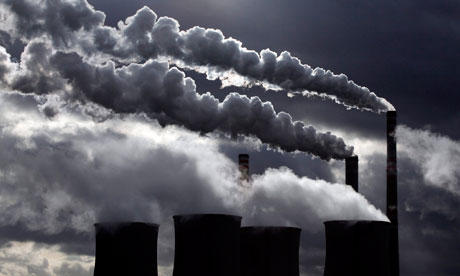
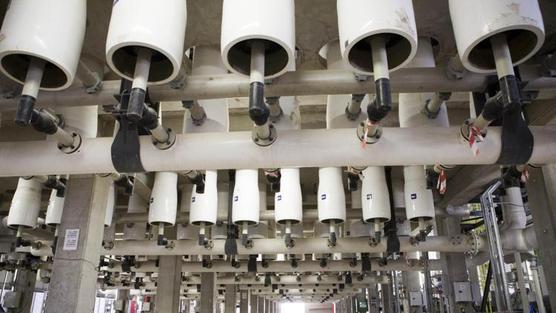
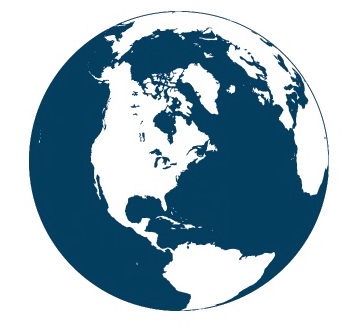
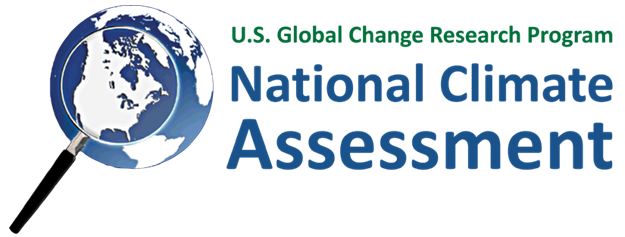
 RSS Feed
RSS Feed
